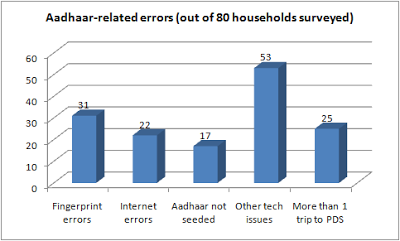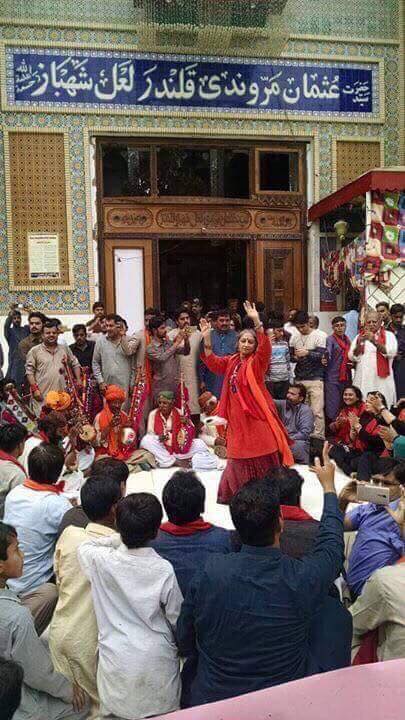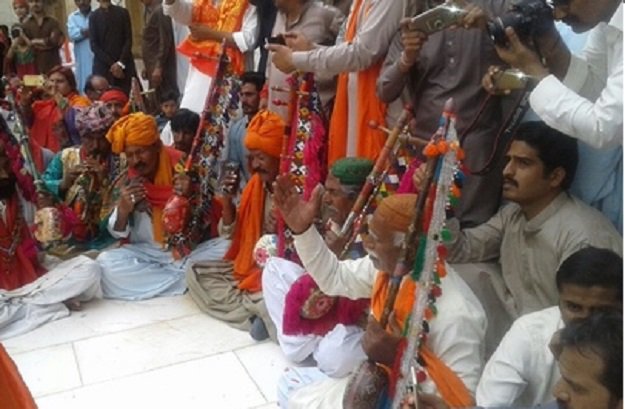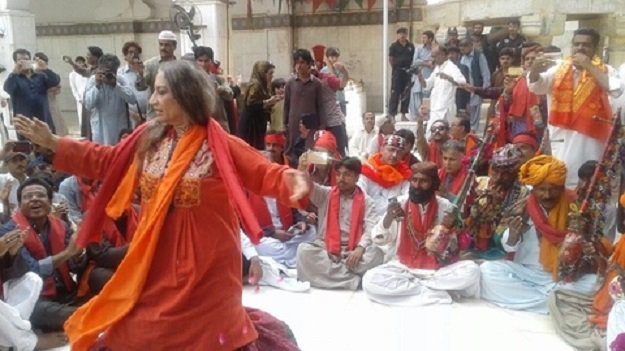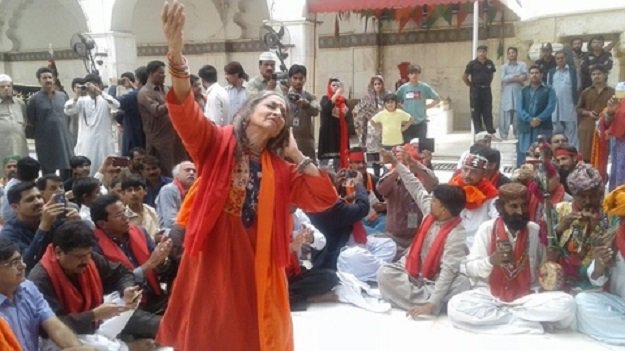What happened to social democratic parties in Europe? And what is coming to take their place?

Three social democracts, from l-r: Manuel Valls, Francois Hollande, Matteo Renzi. PAimages/Poll ABACA. All rights reserved.
Antonis Galanopoulos: Hollande is the most recent example of a social democratic leader who failed. What are the main reasons for the decline of social democracy?
Philippe Marlière: The decline of social democracy is essentially due to a number of policy choices. For instance, in the case of Greece, would Pasok have collapsed the way it did if it hadn’t implemented the austerity policies that we know? It’s the same today with France. The Socialist party is doing very badly because it has been implementing policies which are not responding to popular expectations and needs. At the same time, would the far right, the populist right, be as important as it is if social democracy had done things differently? Probably not.
But the problem of social democracy is deeper than that. The history of social democracy of the past 15 years has been a history of steady decline. The structural decline is due to the deep transformation of the traditional constituencies of social democracy: blue collar workers, white collar workers and employees. Gradually all these social categories have undergone dramatic political and sociological transformations which have been brought about by recent economic and workplace changes.
The 1990s were a period of adaptation to the free market. Tony Blair’s Third Way, endorsed by other social democratic parties, essentially went along with the rules, the principles and the philosophy of neoliberalism, with the hope that the economic growth created by this adaptation would trickle down and benefit ordinary people. Now social democracy has entered a new phase. The idea that by sticking very closely to the neoliberal narrative you can reap some benefits for the middle and working classes is disastrous. It only helps strengthen the far right across Europe.
Social democratic parties must come up with new solutions which, in my view, would mean a historic shift in the direction of regulating the markets. Otherwise you can’t do anything at all. You can’t redistribute, because neoliberalism is about maximising profits, exploiting more and privatizing constantly. There is nothing good there for ordinary people. Going back to more interventionist policies doesn’t necessarily mean going back to the 1970s. Social democrats really have to change or they are doomed. We have seen that in Greece, in Spain, and France may follow.
AG: What about the election of Jeremy Corbyn as Leader of the Labour party in the UK? It opened the discussion about the future of social democracy.
PM: Corbyn is an exception. It is incredible news for social democracy, because he is the leader of one of the biggest and oldest social democratic parties in Europe, one with working class support and links to unions.
And it shouldn’t have happened. It’s a ’political accident’. The new mode of election for the leader, the principle of ‘one member, one vote’ and the fact that supporters and sympathizers could also vote, was all designed for a centrist candidate to win. They thought that sympathizers were politically moderate, so they would vote for a moderate leader. But people on the left in Britain got fed up with Blairism. They understood that it was a failure, a dead-end for the left.
Moreover, they did not accept the explanation given by the party leadership when Ed Miliband was defeated in 2015. Back then the party’s right-wing said that he had been defeated because he was too left-wing. Labour people didn’t accept that. They said ‘on the contrary, he wasn’t consistently left-wing enough. He wasn’t bold enough.’
It was a matter of finding an opportunity and a person that would come out with the type of discourse which would meet popular expectations. And this person was Corbyn. He came along and talked the way he had been talking for years as an MP. The way he talked was a perfect match for the expectations of the people.
By using the same tactics as the populist right, I think that people will not, in the end, make the distinction between left-wing and right-wing populism.
People felt that if he got elected as leader, there would be a shift to the left. Now, the hardest thing for him is to fight and change the party line. It is difficult, because he is still in the party minority and the parliamentary group is against him. Some for ideological reasons, others because they think that he is not the right man to lead the party and become Prime Minister. For them, it’s a question of image and perceived competence.
Corbyn is very good on post-materialist issues such as the environment and gender. He has embraced the cause of nuclear disarmament. He was one of the first MPs to fight against apartheid in South Africa. He was a supporter of the Palestinian cause long before it became fashionable. On the economy, he has concrete and pragmatic policies which could be labeled neo-Keynesian. He has two problems though.
The first one is that he has to convince his party that he is the right man for the job. And the second one has to do with the way he comes across and he is seen by the public. The right-wing press will always be against him, but he has also made mistakes in terms of style and speech delivery. Besides, he doesn’t always fight the right battle at the right time. He has a fraught relationship with the media, and his necessary public-relations skills are rather weak.
AG: Do you think that populism can be an effective strategy for the left and for progressive politics in general? Or is populism essentially anti-democratic with nothing to offer progressive politics?
PM: That’s a new debate on the left. I don’t see another big debate apart from that one. Ernesto Laclau and Chantal Mouffe seem to have inspired a number of radical left parties in Europe, notably Podemos and Jean-Luc Mélenchon in France. The idea seems fairly simple: populism is about parties and politicians trying to channel popular anger and to direct it against the so-called ‘elite.’
The idea is that we should not abandon ‘the people’ to the far right. We, as left-wing parties, should also represent the people, so we should also try to adopt the same tactic, to channel popular anger and be the spokespersons for the people who are not represented by the social democratic parties, by the right, by the neoliberals, or even by the media. So we should really be talking on behalf of the people who are not represented anymore. The difference with the far right is that the aims and policies are different of course. Left-wing populists are not the same as far-right populists; they are ideologically different.
Now, I understand the tactic and the strategy, but I have doubts about the effectiveness of it. The opposition between the 99% and the 1% is far too simplistic. It also loses sight of the best teachings of Marxism, the construction of a class that is politically conscious.
in the end the electorate will say ‘Well, if they talk like Le Pen, let’s try Le Pen, the original version instead of the copycats!’
I have also doubts because people have become accustomed to hearing this kind of anti-establishment, anti-elite stance from the far right. I fear that by constantly making these kinds of simplifications (‘the people against the elite,’ ‘the 99% against the 1%’), we will fail to explain exactly how exploitation and forms of domination work.
It’s too simplistic to simply target things like the government and the media. Not all politicians are corrupt, not all media tell lies. By using the same tactics as the populist far right, I think that people will not, in the end, make the distinction between left-wing and right-wing populism.
Lastly, the populist strategy puts too much emphasis on the leader, who acts as the incarnation of the people. This is a potentially dangerous development. Hugo Chávez, for example, did very good things in Venezuela, but his regime wasn’t a model of democracy and pluralism.

Philippe Marliere. Photo supplied by author.
AG: In France there are two populist parties, one left-wing and one right-wing: Front de Gauche and Front National. It is clear that ‘the people’ are choosing the latter. Why is that? What does Marine Le Pen have to say to the French people that is so attractive and persuasive? And why does Mélenchon fail to do the same?
PM: When the left is in power and doesn’t implement the right policies for its supporters, left-wing voters despair, and their despair transforms into anger, and when you are angry you tend to lose faith and confidence in the people you used to vote for. So two things happen: people abstain (as the majority of blue collar workers in France do) or you stop trusting the left as a whole anymore. The Front National tries to appear as a party which is genuinely concerned about the socio-economic situation of the working-class. This is why it appeals to blue collar workers, many of whom used to vote for the left.
But at the same time, with extreme right-wing populism, the problem is immigration, it’s Islam, it's so-called ‘Marxist teachers’ in schools, etc. Part of the program of Front National is allegedly ‘left-wing,’ because it is protectionist and mentions public services.
But this is an illusion. The FN’s narrative and politics are that of the traditional far right. This narrative is today so influential that all mainstream parties are embracing it, Fillon is an example of that, Nicolas Sarkozy without doubt, even Manuel Valls the former social democrat prime minister. Left-wing populism is inaudible in that cacophony: everyone talks about national sovereignty, the exit from the EU, the loss of identity due to immigration, globalization, refugees, Islam.
Under Marine Le Pen, the old policies of the Front National haven’t changed much. What has changed is the rhetoric, the narrative and the image. She is a woman, she is calm, she smiles and she doesn’t make any silly racist or anti-Semitic jokes like her father. She doesn’t insult journalists, and when she makes claims about Islam, she tries to make them in a ‘rational,’ albeit wrong manner. It’s a tactical diversion, and it works. The media, instead of scrutinizing Le Pen’s inconsistencies and the gap between her new image and her (still) far-right policies, prefer to focus on superficial details.
The left got it wrong when it opposed the burkini. Instead, it should have upheld and defended the value of personal liberty.
There are now mainstream politicians and media in France who are crazy enough to talk Le Pen’s talk and of course if you do that, you legitimize Le Pen and in the end the electorate will say ‘Well, if they talk like Le Pen, let’s try Le Pen, the original version instead of the copycats!’
That’s how the whole debate in France has dramatically shifted to the right. The ideas of Le Pen on immigration, refugees or Islam have become mainstream. Even if she doesn’t win the next presidential elections, she has managed to set the political agenda on a number of important issues.
AG: Identity issues remain wedged into the politics of Europe today. How can we, within the current context of the economic and refugee crisis, tackle the identity politics of the right?
PM: Identity politics flourish in the emptiness of class and social politics. When I say class and social politics I mean it in the broad sense, which is the idea that social inequality should be tackled by proper policy decisions which benefit the majority of the people.
If you say that there is no alternative to neoliberalism – which is not true – people despair, you make them angry and if social democracy and the centre-right do that as well, then there is no political competition anymore. There is just emptiness, a void, and this void is filled by all the demagogues of the far right who have nothing to say about socio-economic inequalities but always want to pursue their identity agenda, about the failure of multiculturalism.
The rise of identity politics today is due to the failure of political parties of the left and the right to engage properly with socioeconomic issues. The responsibility of the left is overwhelming. Don’t expect the right to do something about the socioeconomic inequalities; historically that’s always been the role of the left.
AG: The banning of the ‘burkini’ in France was an extreme example of identity-driven policy that was discussed across Europe.
PM: I personally defended the right of women to wear a burkini, not on the grounds that I like it, it doesn’t matter what I think about it, but I defended the burkini on the grounds of the autonomy of the individual, of women’s independence, who are free to make their own choices about what clothes they want to wear or not wear.
Some women decided to wear a burkini because they don’t want to go semi-naked on the beach. You might think whatever you want about that from an aesthetic point of view but you can’t claim, as the majority of French people did, that this choice has been imposed on those women. It’s not the case. They made freely that choice. Is it the role of the state to impose on you what kind of clothes you should wear, what you should eat or drink?
Individual freedom and the autonomy of the individual are key values in democratic societies. Some are adamant that the burkini and the hijab are signs of oppression and domination. In these cases I would support the women who want to take off the veil or the burkini but how about the other cases where they freely decide to do it? We have to respect their decision. The left got it wrong when it opposed the burkini. Instead, it should have upheld and defended the value of personal liberty.
AG: What about the concept of laïcité? Has its meaning been distorted? Does it eventually become an identitarian laïcité as Balibar argued recently?
PM: Yes, I think that laïcité has been distorted in France. Initially, there was the law of 1905, a very liberal-minded law because it simply states in two major articles that there is religious freedom in France, and also the liberty to believe or not believe. The second article states that there can’t be any interference by the state with regards to religion and vice versa. These are the very basic principles of laïcité; it’s a law of separation and a modus vivendi which lets you do as you like as long as you don’t break the law.
But the interpretation of laïcité by some people has almost become the opposite of that. Le Pen just has to emphasise what the republican left has been saying for the past 30 years, which is that laïcité is an anti-clerical and anti-religious notion. But of course her anticlericalism is directed at Islam.
It's a pretext. If you say there should be no religious signs in the public sphere, it doesn’t concern Catholicism, it concerns very specifically Islam. You don’t even have to name it, people understand that you are talking about the hijab, the burkini, etc. It’s a pretext now to launch an attack on Muslims. Le Pen merely has to repeat what ‘mainstream’ politicians like Manuel Valls, Jean-Pierre Chevènement or Nicolas Sarkozy have been saying for years.
This interpretation is one of domination, of imposition of a certain lifestyle. François Fillon said it in a debate against Alain Juppé: ‘when you come to a foreign country, you shouldn’t try to seize power.’ He meant that you have to not only keep a low profile, but also to adopt the norms, the code of conduct, the philosophy of that country.
It becomes so coded, you don’t even have to say ‘you have to take off your hijab.’ People understand that. We’ve now got to the point where by talking very generally about things, people immediately have that in their mind. It’s clearly a corrupt interpretation of laïcité, used now as an anti-Islam weapon, deeply intolerant of pluralism and diversity.
Interview by Antonis Galanopoulos.
—-
This interview was conducted in the occasion of the Workshop ‘Europe's new radical Left in times of crisis,’ hosted by the School of Political Sciences at the Aristotle University of Thessaloniki and supported by the Rosa Luxemburg Stiftung (Athens Office) in November 26-27, 2016.
—-
This article was first published on Open Democracy



